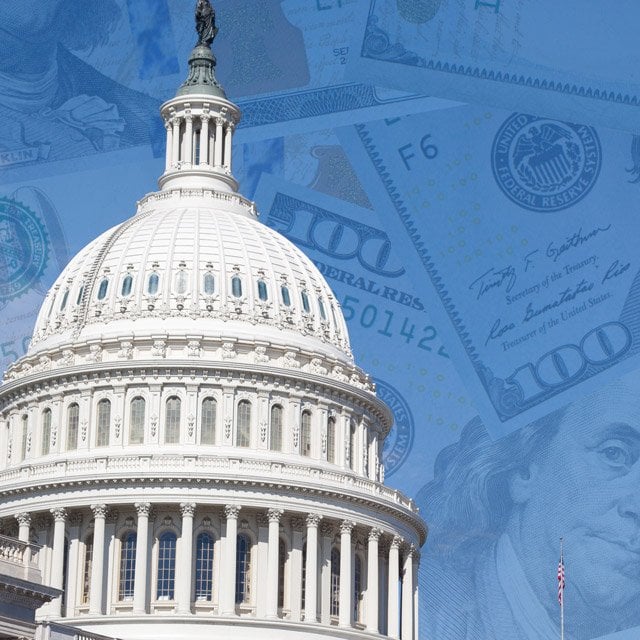COVID-19 Fraud Bill Could Affect Life and Annuity Sellers
Resources
- A link to COVID-19 financial fraud hearing resources, including a link to a video recording of the hearing, is available here.
- An article about how Fran Tarkenton says advisors can prevent elder fraud is available here.
1. It could directly affect sellers of life insurance and annuities.
The draft text refers specifically to violations of any model regulations developed by the National Association of Insurance Commissioners relating to the "use of senior-specific certifications and professional designations in the sale of life insurance annuities." The draft also refers to misleading sales or marketing practices that are "illegal under state securities or insurance laws."
2. The draft could breathe life into a provision of the Dodd-Frank Wall Street Reform and Consumer Protection Act.
Dodd-Frank authorized a senior investor protection grant program for state regulators, but that provision was never put into effect, Senn said. The proposed senior protection bill would provide up to $500,000 in grants per year for state regulators that would use the cash to fight financial fraud. Regulators could use the funds to fight pandemic-related fraud, but they could also use it to pay for investigating any kinds of securities or insurance fraud against seniors.
3. Subcommittee members weren't that interested in life insurance and annuities.
Lawmakers seemed to be much more interested in talking about banking, health care and cyber fraud. They did not bring up anecdotes about life insurance or annuity fraud during the hearing. Hearing participants talked about bad actors targeting insurance companies, and about how new forms of insurance might help consumers and businesses, but they did not talk about fraud involving the sale or use of life insurance or annuities. — Read 5 Scams That Target the Elderly, on ThinkAdvisor. — Connect with ThinkAdvisor Life/Health on Facebook, LinkedIn and Twitter.
© 2025 ALM Global, LLC, All Rights Reserved. Request academic re-use from www.copyright.com. All other uses, submit a request to [email protected]. For more information visit Asset & Logo Licensing.
Featured Resources
View All
Sponsored by Illinois Mutual Life Insurance Company
4 Reasons To Sell Simplified Issue Disability Income Insurance (SIDI)

Sponsored by Illinois Mutual Life Insurance Company
Simplified Issue Disability Income Insurance (SIDI): A Smarter Way to Sell and Protect







